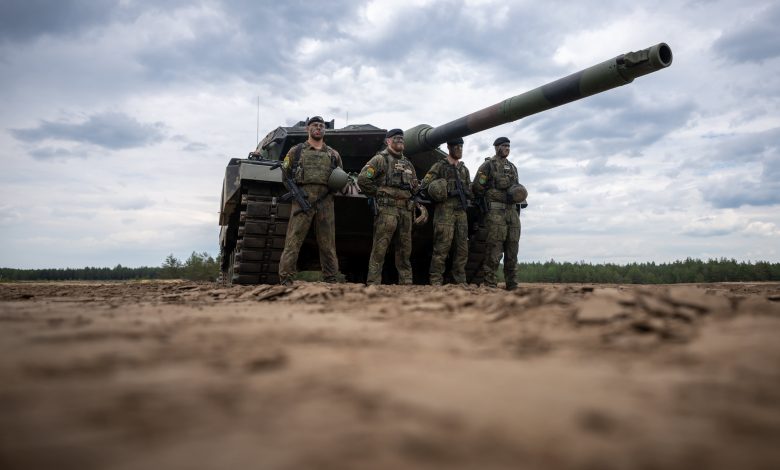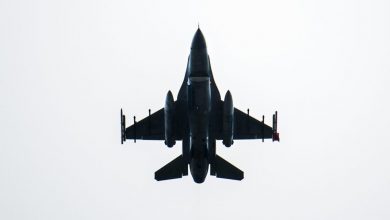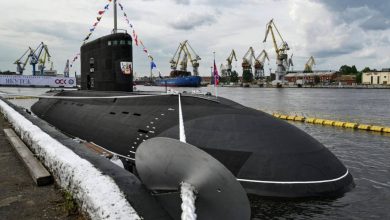Analysis: The 3 Baltic states want to strengthen their military presence in line with NATO strategy

The three Baltic nations, Estonia, Latvia, and Lithuania, are adjusting their defense policies to bolster their active and reserve military personnel, mirroring NATO’s increased presence.
These changes involve procurement of air and coastal defense systems, missile systems, and terrestrial equipment worth billions of euros.
Major General Imants Ziediņš, the head of the Joint Chiefs of Staff of the Latvian armed forces, recently suggested increasing the military personnel by at least a third to reach 31,000.
This target is contingent on the newly implemented National Defense Service (NDS), which blends volunteer enlistment with mandatory recruitment if specific quotas aren’t met.
Estonia’s Defense Minister, Hanno Pevkur, proposed an increase in military personnel from 26,700 to 43,700, including both active service soldiers and reservists.

In Lithuania, Defense Minister Arvydas Anušauskas announced plans to purchase German-made Leopard battle tanks with the intention of reinforcing the Lithuanian armed forces.
The alterations in the Baltic nations’ military forces seem to be in response to NATO’s recent commitment to enhance its presence.
Besides setting up new bases and training centers for additional NATO forces, the Baltics are striving to expand their forces in sync with the anticipated increase of British forces in Estonia, Canadians in Latvia, and Germans in Lithuania.
Latvia’s initial phase of the new National Defense Service has largely been deemed successful, with hundreds of young volunteers enrolling for an 11-month military service, although many do not meet the necessary physical criteria.
When this system was introduced last year, the then-Defense Minister, Artis Pabriks, stated it was essential to boost the number of personnel to a total of 50,000, a necessary step for Latvia to defend itself alongside a permanently stationed NATO brigade.
Since then, the Defense Ministries of Canada and Latvia have published a roadmap for the current multinational battle group, led by Canada, to become a brigade-ready combat unit.
Similarly, Germany’s Defense Minister Boris Pistorius expressed his willingness to dispatch “a robust brigade” to Lithuania as soon as the necessary infrastructure is established.
The United Kingdom, which leads the battle group deployed in Estonia, has not yet committed to permanently stationing a brigade, but the Defense Ministry mentioned “sending brigade-level reinforcements when needed”.





